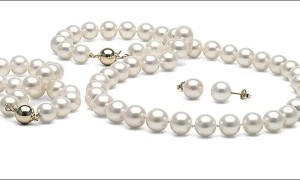✏️ could have + past participle. 过去可以做到,但没有去做
e.g. He could have worked at that company with his previous job experiences, but he didn’t even go to the interview.(依他丰富的工作经验,他原本可以在那家公司工作的,但是他最后甚至没去面试。)
☞ 前面加上否定的话,则是变成:过去无法做到,即使有意愿去做也没办法
e.g. We couldn’t have saved those kittens, even if we had enough time.(即使我们有足够的时间,我们也无法拯救那些小猫。)
☞ 最后一种用法则是与might have相通,指的是猜测过去发生的事、可能的原因。
e.g. Why didn’t he show up?(他怎么没来?)
e.g. He could/might have forgotten about today’s appointment.(他可能忘记了今天的预约。)

✏️ should have + past participle 过去应该做到的事,但没做到,通常表示一种建议或是后悔
e.g. I should have turned off the fan before I left the house.(我应该在离开屋子之前关掉电风扇的。)
☞ 前面加上否定的话,则是变成:某件事不是明智之举,但还是已经做了
e.g. I shouldn’t have shared those secrets with her.(早知道我不应该和她分享这些秘密的。)
☞ should have也可以指一件我们认知中应该要发生的事情,但不确定是否进展顺利,所以使用假设语气,通常与by now连用。
e.g. The flight should have arrived at LAX by now.(这个航班到现在应该已经抵达洛杉矶国际机场了。)
✏️ would have + past participle 表示过去的发生情况,然后想像最后可能发生但与现实不同的结果;或是描述过去想做、将会做的动作,但没有做到,通常会加上but
e.g. If it had not been for the typhoon, we would have had a nice trip to Orchid Island.(如果不是因为台风的关系,我们的兰屿行原本应该会很棒。)
e.g. I would have told you about this matter over the phone, but I couldn’t find my phone.(我本来会打电话告诉你这件事的,但是我的手机不见了。)
三种的用法其实异曲同工之妙,架构都是一样的,但个别要强调的语法意涵还是要多多注意,今天的练功房就到这边,谢谢大家。







